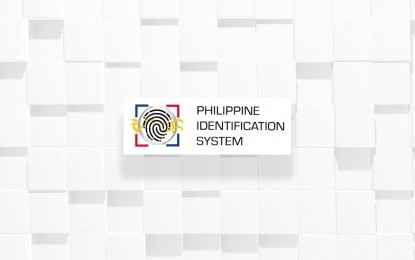
DAVAO CITY – Now that the Philippines has positioned itself on the global map with the establishment of the Philippine Identification System (PhilSys), Filipinos should be aware of its three significant components to maximize data security and effectiveness.
These are the PhilSys Number (PSN), Philippine Identification card or the physical ID card, and the PhilSys Registry.
The Philippine Statistics Authority (PSA) said the PSN is the registrant’s randomly generated and permanent identification number.
“It contains highly sensitive data and should remain confidential,” the PSA said in a recent website post.
The registrant’s PSN will be registered in all agencies of government.
“All government agencies, including government-owned or controlled corporations (GOCCs), shall incorporate in their identification systems and databases the PSN, or its derivative, of covered individuals which shall be the standard number for the individual across all agencies of the government.,” the Implementing Rules and Regulations (IRR) read.
The PhilID contains the registrant’s demographic and biometric information gathered during Steps 1 and 2 of the registration process.
The card bears PhilID Number (PCN) that will be used for transactions to protect the PSN, explained the PSA.
“The PhillD shall serve as the official government-issued identification document of cardholders in dealing with all national government agencies, local government units, GOCCs, government financial institutions, state universities and colleges, and all private sector entities,” the IRR said.
The PhilSys Registry contains all registered records for the unified database.
The PSA is tasked to serve as the PhilSys Registry responsible for the protection and security of all the records.
When a registrant wants to change some facts in his demographic information, the PSA will update it.
“These three components enable PhilSys to achieve an inclusive, digitized, and centralized identification system,” PSA said.
Signed into law by President Rodrigo R. Duterte in August 2018, Republic Act 11055, or the Philippine Identification System Act, aims to establish a single national ID for all Filipinos and resident aliens.
The national ID shall be a valid proof of identity that shall be a means of simplifying public and private transactions, enrolment in schools, and the opening of bank accounts.
It will also boost efficiency, especially in dealing with government services where people will only need to present one ID during transactions. (PNA)
